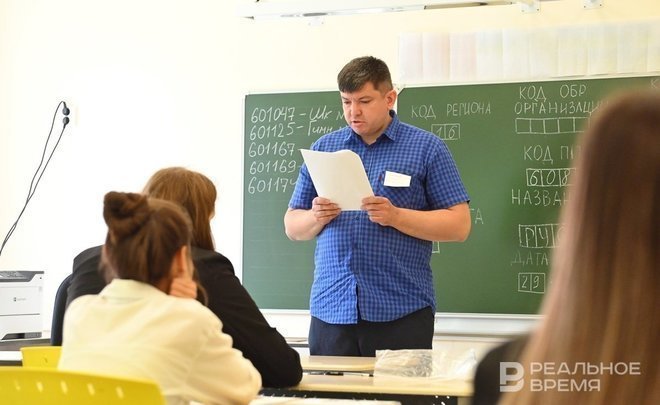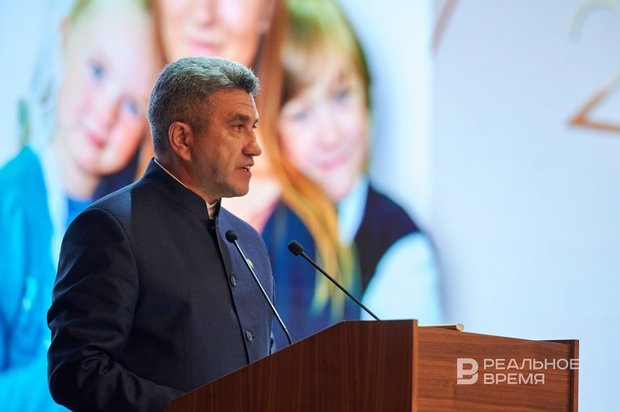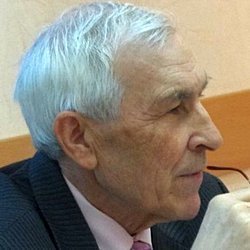Senior pedagogical college students invited to Tatarstan schools
The republic’s schools started to recruit students who are allowed to work in school

“Teachers will clearly be given additional workload because the school programme has to be followed with any staff,” head of the Tatarstan regional office of the Russian Trade Union of Education Irina Protsenko foresees a bigger workload for teachers. On the eve of the new school year, schools are again experiencing an acute shortage of teachers — 2,000, or nearly 10% of the necessary number. The gaps in staff are planned to be filled by senior students of pedagogical colleges who have been officially permitted to work in school full time this year. Read in more in Realnoe Vremya’s report.
Tatarstan schools have 2,000 teaching vacancies
Two weeks before the start of the school year, the Ministry of Education and Science has again raised the problem of a deficit of teachers. At a traditional August meeting of education workers, Tatarstan Minister of Education and Science Ilsur Khadiullin reported on a deficit of 2,000 teachers, of around 10% of the general number of teachers in the republic. Moreover, there is a lack of teachers in basic subjects — maths, Russian, foreign languages, primary school teachers. It wasn’t specified what cities of the republic have the biggest shortage of teachers, while teachers themselves call Naberezhnye Chelny the most vulnerable one.
Khadiullin sees young teachers’ insufficient training as the cause of the staff deficit in schools. In his opinion, the number of university graduates is seriously falling behind the needs.
“306 math teachers are needed. Moreover, just 147 people have graduated from Kazan Federal University and Naberezhnye Chelny Pedagogical Universities this year,” he explained. “So half of the shortage of math teachers can be filled, in case all graduates start working in the republic’s schools. The picture is similar with physics teachers — with a total of 146 people, Kazan Federal University has trained only 40 teachers.”

To restore Kazan’s pedagogical university?
“This can be called a personnel crisis,” thinks vice head of Russian Education Trade Union Yury Prokhorov. “We are bearing fruit of the reform made 10 years ago when the Pedagogical Institute joined KFU. And today it is already discussed that the pedagogical institute should be restored.”
In his opinion, with the appearance of a separate university, the number of trained teachers could be expanded and taken to a professional level.
“The task of the university is to train science workers, this is why few will become teachers after university, only a handful,” he thinks. Moreover, university graduates don’t know the teaching method.
“Nothing will work unless the methodical training is back at professional level,” he is sure.
Senior college students to give classes
However, the salary is still the main reason for the deficit, it keeps graduates away from schools.

The staff gaps are going to be filled with senior pedagogical college students who have been officially permitted to work in school this year as well as university graduates. It will become known how many senior students will go to schools in late August when the staffs are equipped. This is why the real deficit can turn out lower.
According to Protsenko, the solution to the problem will be as usual an additional workload on teachers because the school programme needs to be followed with any staff, thinks the head of the regional office of the Russian Education Trade Union.

“Firstly, lads should have a desire to work in school. This is why we will ask students if they are ready to study and work at the same time,” reflects Zalyalova. “If some want, we will unite them in one group and adapt the training programme for them.”
Talks with senior students will start from 1 September when they are back from summer camp practice. According to Anfisa Zalyalova, they can start working not earlier than 1 October.